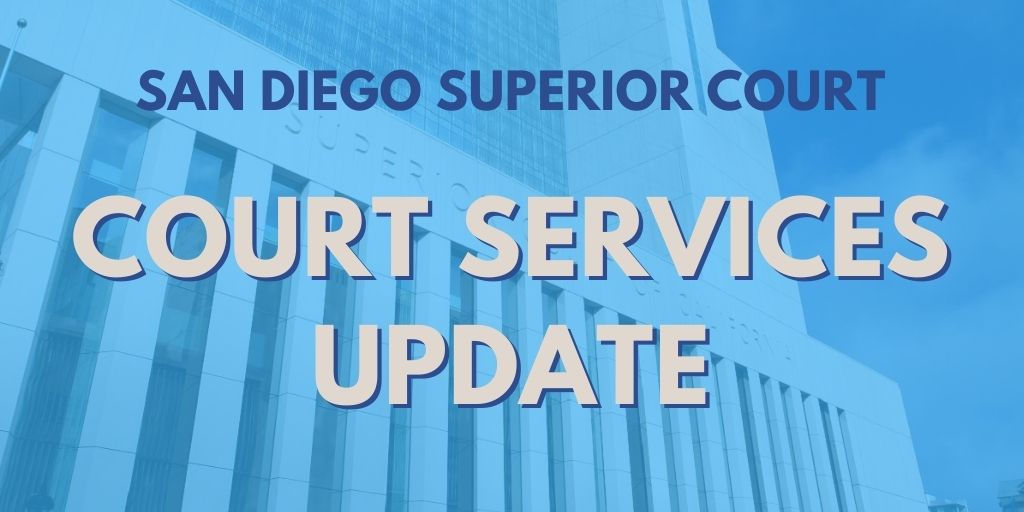San Diego Superior Court to Form a Local Committee On Bias
The San Diego Superior Court announced the formation of a committee to assist in maintaining a courtroom environment that is free of bias or the appearance of bias. The California Standards of Judicial Administration, Standard 10.20, calls on courts to prohibit bias through the integrity and impartiality of individual judges and throughout the larger court system, including counsel, court personnel, witnesses, parties, jurors, or any other participants.
Under the leadership of Judge Shelton and Judge Rosenstein, the local committee will be composed of a diverse group of representative members of the legal community and will focus on supporting educational programs designed to ensure that courtroom proceedings are conducted in a manner that is fair and impartial to all of the participants.
“We are committed to providing equal access to justice for all regardless of race, ethnicity, nationality, gender, gender identity, sexual orientation, religion, disability or socioeconomic status,” said Superior Court Presiding Judge Lorna Alksne. “My expectation is this committee will seize this opportunity to promote education, confront injustices and alleviate racial disparities throughout the legal system.”
The San Diego Superior Court agrees with and wholeheartedly supports the Supreme Court of California’s Statement on Equality and Inclusion which, in part, reads:
We state clearly and without equivocation that we condemn racism in all its forms: conscious, unconscious, institutional, structural, historic, and continuing. We say this as persons who believe all members of humanity deserve equal respect and dignity; as citizens committed to building a more perfect Union; and as leaders of an institution whose fundamental mission is to ensure equal justice under the law for every single person
The Committee On Bias will be responsible for sponsoring and supporting educational programs designed to recognize and eliminate bias, and for developing an informal procedure for receiving complaints relating to bias in the courtroom, including but not limited to bias based on disability, gender, race, religion, ethnicity, and sexual orientation.
